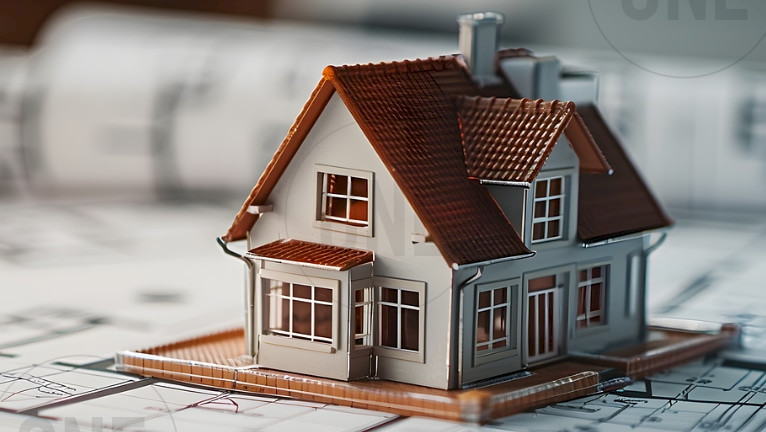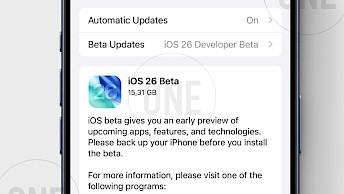Should You Avoid Making Your Home Smart?

The idea of having your home fully connected to the internet and barking commands to your smart assistant is no longer just a thing for the movies. Now you can be like Tony Stark and tell Jarvis, or in this case, Alexa, to turn off the lights.
This sounds super convenient and fancy, but connecting most of your home appliances to the internet isn't a decision you should make in a snap. In this article, we'll go into more detail about what having a smart home is really like and the other factors you should consider before you start living like Iron Man.
What Exactly is a Smart Home?
Having one Smart TV in your living room doesn't automatically make your home smart. A true smart home involves a comprehensive network of interconnected devices, all controllable and linked to the internet. Your lights, kitchen appliances, thermostat, security devices, and even your bed can all become a part of what makes your home smart.
Automation and the Other Benefits of a Smart Home
We already mentioned giving commands to turn devices on and off, regardless of where you are in your home. However, this convenience is just scratching the surface of what a smart home can offer.
For example, when you're out for work, your home can lower temperature and it can start warming up just before you arrive back. By doing so, you can save a lot of energy by having your home temperature automatically adjust.
When you're not at home, you can also have a live feed of your security cameras on your phone, and you'll get notifications if any odd movements are detected. Newer security cameras can differentiate between movements from humans and pets. So, you don't have to worry about getting false alarms every time your cat walks through the living room or your dog runs around the yard.
Besides that, smart homes let you create custom settings for different situations. You can program a "morning routine" that gradually turns on lights and starts your coffee maker. Or set up a "movie night" mode that dims the lights and adjusts the room for watching films. These automated routines save you time and make daily tasks more convenient by handling multiple actions with a single command.
Lastly, let's not forget about the benefit of increased accessibility for people with disability or the elderly. A smart home gives an unparalleled quality of life for them that would otherwise not be the case in a regular home.
The Concerns, Cons, and Hidden Hurdles
It's reasonable to be concerned and think about the downsides of such convenient technology. In fact, there are a few major concerns that people have about smart homes, and they're all valid.
The first one is related to data privacy. Most smart devices collect user data to improve the user experience and device functionality. Some people are not comfortable with having so much of their data on one device, let alone every device in their home.
The second, and probably the most common among critics, is the cybersecurity risk that comes with a fully connected home. Since the devices are connected in a network, a hacker can use one device as an entry point to get access to another, potentially stealing your sensitive information or doing other social engineering attacks.
Finally, the initial cost and complexity of purchasing and setting up all the devices can be a huge deterrent for people who are financially conscious.
Fortification with Essential Cybersecurity Measures
While cybersecurity is the biggest concerning aspect of a smart home, there are simple strategies and tools you can use to mitigate the risks. One way to ensure your smart home apps, password-protected devices, and Wi-Fi network are secure is to use an iOS or Mac password manager, or any other device you own.
Another method is to use a virtual private network, or VPN, to encrypt internet traffic, which protects the data transmitted by your smart devices. This makes it harder for hackers to track you or intercept any sensitive data traveling from your home to the internet and vice versa.
Is a Smart Home Right for You?
Ultimately, it comes down to what you value more for your home. Are you someone who prioritizes convenience and quality of life? Perhaps you're more keen on protecting your data and being off the grid more often? Think deeply about the answer before investing in a smart home.





